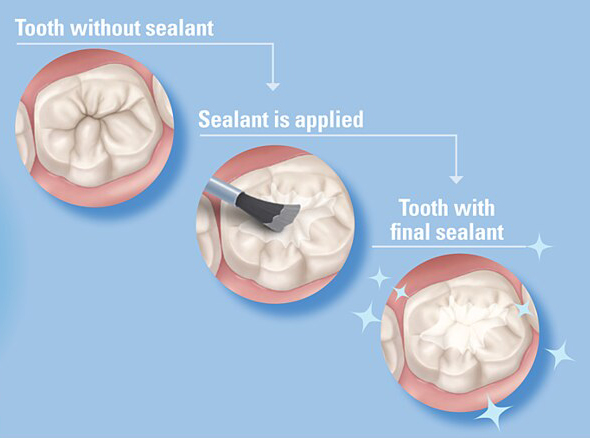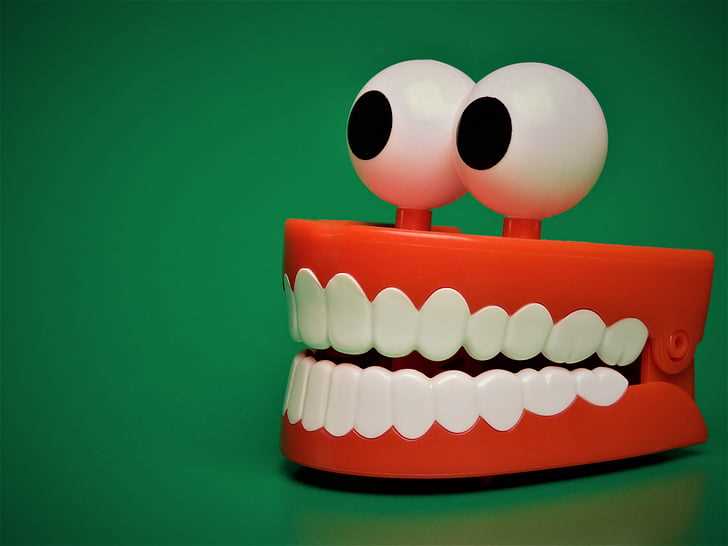Before today… no, further back, before you became an adult, did you know what dental sealants were? I didn’t know what they were until recently and I’m almost 30… Oh wow, I’m almost 30… Existential crisis aside, I hadn’t heard about sealants until I’d been working at a dental practice for 8 months. So, dental sealants are an extra tool in our arsenal to protect our teeth from cavities. They’re easy to apply and they’re pretty common.
There’s a good chance that if you did already know what dental sealants were, they were introduced to you as something for kids. It makes why I wouldn’t know, as I have no children and I’ve never been a child myself. Anyways, after observing children in the wild it’s pretty easy to see why their demographic would benefit the most from having dental sealants. Kid’s mouths are kinda filthy and they’re not very good at keeping things clean. Dental sealants could help make-up for a child’s generally poor oral hygiene and predilection for sweets.
But here you stand, a former child, with hopefully improved dental hygiene, asking how sealants could help someone who brushes at least twice a day. Well, the chewing surface of your back teeth may have small grooves and fissures in them. These grooves can be hard to clean with the average consumer-grade oral hygiene product, making them a prime location for cavities to form. Dental sealants can fill in these grooves and help keep cavities from forming in these areas.
The process of applying the sealants is pretty simple too. First, the tooth is cleaned thoroughly and dried. A weak acid is applied to the chewing surface to roughen it up and help the sealant bond to the tooth. The tooth is rinsed and dried, and then the sealant is painted onto the tooth’s enamel. The coating bonds directly to the tooth and hardens, sometimes with the help of a special curing light.

SCIENCE! For your MOUTH!
These sealants can last for several years, harnessing the raw power of science to protect the chewing surface of your teeth. Sure, children ages 6-14 would benefit the most as that’s the age in which they’re the most prone to forming cavities. However; the risk for cavities doesn’t end when you become an adult. It continues on for as long as you have teeth. Dental sealants are painless and more cost-effective than getting fillings. And if you have these fissures that make it hard to keep your chewing surfaces clean, dental sealants can be the added level of protection that keeps you cavity-free.
Have questions about sealants or other dental procedures? You can start a free virtual consultation and our dentists will make you a custom video with their recommendations.
Or click here to schedule an in-person appointment.
Free Virtual Consultation
Come for the care, stay for the experience. Schedule your next visit today!



